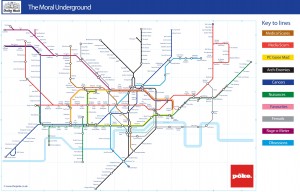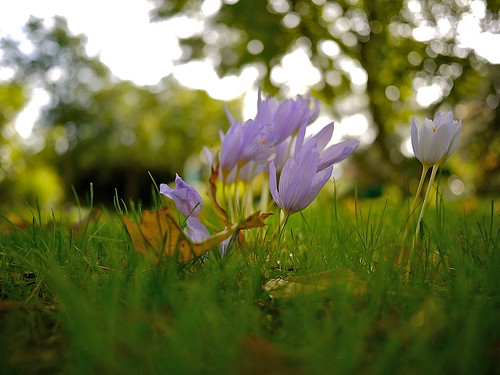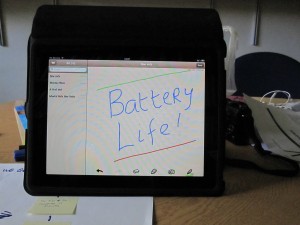One of the chapters in my upcoming book has the title “Huxley vs. Orwell”, symbolising the fact that the visions of these two writers serve as bookends for scenarios about our online futures. So it’s interesting to see this rant by Tom Glocer, CEO of Thomson Reuters setting out the Orwellian case.
Ultimately, I believe that the answer lies in creating a “super net” or overlay internet among trusted and authenticated institutions, akin to the role mil.net served for the US Department of Defense. We are slowly evolving from an unpoliced network of anonymous nodes to a multi-layered network of authenticated institutions and individuals. Just as individuals must be approved to receive a security clearance from their government, so can their machines be identified and approved. What emerges, need not be an Orwellian nightmare of government control. Rather, I can imagine a layered internet in which the nuclear arsenal is controlled by the highest and most secure level, the power grid, air traffic control and ATM networks are secured by a sufficiently robust next layer, but an open cyber frontier — a wild west — remains for individuals to roam free of government control and authentication, but also open to attack and abuse.
Interesting that the CEO of a major journalistic organisation (Thomson Reuters) believes that “what emerges need not be an Orwellian nightmare of government control”. Want to to bet? Since 9/11 I don’t think we’ve seen any government — authoritarian or ‘democratic’ — voluntarily turn its back on any opportunity for tighter control.





